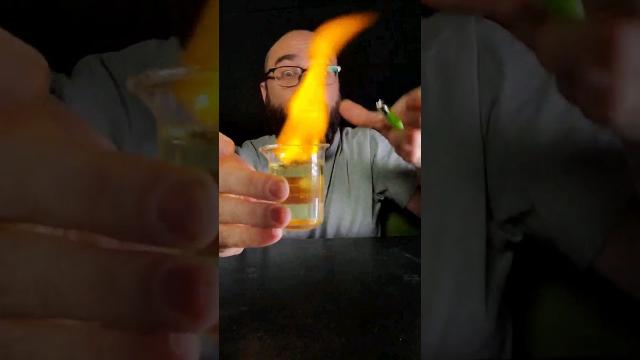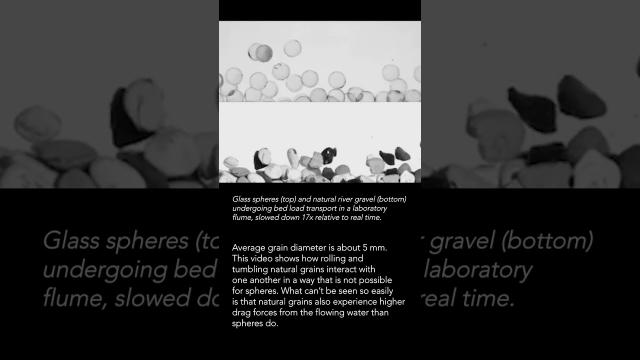Time Travel, Teleportation & Science
Time travel is the concept of moving between different points in time in a manner analogous to moving between different points in space, generally using a theoretical invention, namely a time machine. It has a commonly recognized place in philosophy and fiction, but has a very limited application in real world physics, such as in quantum mechanics or wormholes.
Although the 1895 novel The Time Machine by H. G. Wells was instrumental in moving the concept of time travel to the forefront of the public imagination, The Clock That Went Backward by Edward Page Mitchell was published in 1881 and involves a clock that allowed three men to travel backwards in time.[1][2] Non-technological forms of time travel had appeared in a number of earlier stories such as Charles Dickens' A Christmas Carol. Historically, the concept dates back to the early mythologies of Hinduism (such as the Mahabharata), Buddhism, and Islam through ancient folk tales. More recently, with advancing technology and a greater scientific understanding of the universe, the plausibility of time travel has been explored in greater detail by science fiction writers, philosophers, and physicists.
Teleportation, or Teletransportation, is the theoretical transfer of matter or energy from one point to another without traversing the physical space between them. It has a commonly recognized place in science fiction literature, film, and television, but as yet has a very limited application in real world physics, such as quantum teleportation or the study of wormholes.
Science (from Latin scientia, meaning "knowledge") is a systematic enterprise that builds and organizes knowledge in the form of testable explanations and predictions about the universe. In an older and closely related meaning, "science" also refers to a body of knowledge itself, of the type that can be rationally explained and reliably applied. A practitioner of science is known as a scientist.
In modern usage, "science" most often refers to a way of pursuing knowledge, not only the knowledge itself. It is also often restricted to those branches of study that seek to explain the phenomena of the material universe.
Source : Wikipedia
-
06:08
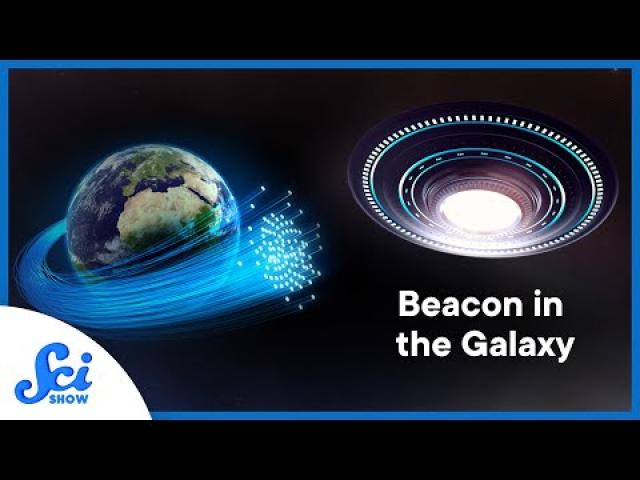
We’re Talking To Aliens
Added 198 Views / 0 LikesWe’ve done a lot of searching for life in the universe and we need to continue to if we hope to make contact. But not all of our attempts were expected to succeed. That’s where Beacon in the Galaxy comes in. Hosted By: Hank Green----------Huge thanks go t
-
05:21
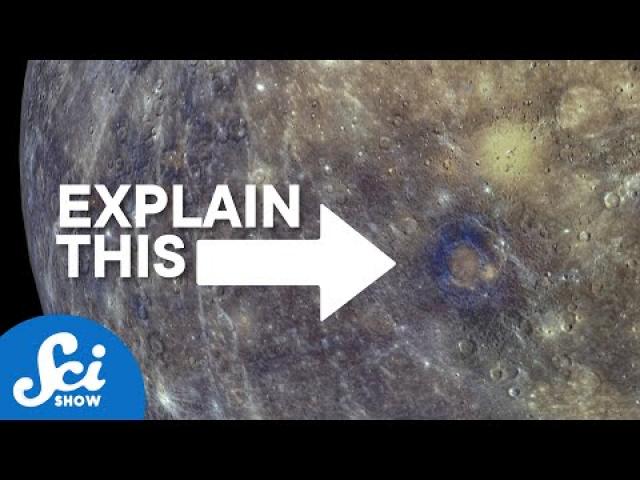
Where Did Mercury’s Spots Come From?
Added 198 Views / 0 LikesPre-order your MESSENGER pin all this month here: https://dftba.com/scishowThe Sun isn’t the only celestial body in the solar system to boast spots of its own. Mercury, too, has its fair share, and they’re worth wondering about.Hosted by: Hank Green (he/h
-
00:47

Win A Trip to Vsauce HQ! REGISTER TO VOTE! #shorts
Added 198 Views / 0 Likesheadcount.org/vsauce#shorts
-
00:38
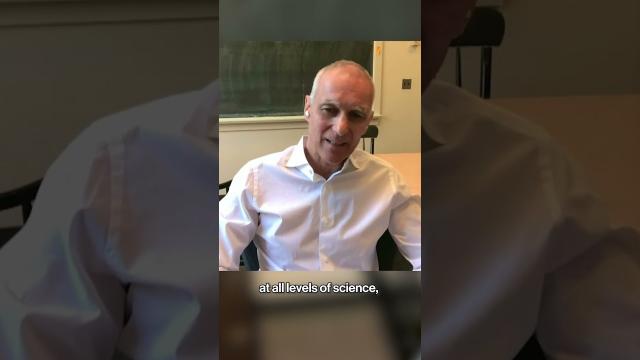
Professor Moungi Bawendi awarded Nobel Prize in Chemistry for 2023
Added 198 Views / 0 LikesMoungi Bawendi, the Lester Wolfe Professor of Chemistry at MIT and a leader in the development of tiny particles known as quantum dots, has won the Nobel Prize in Chemistry for 2023. He will share the prize with Louis Brus of Columbia University and Alexe
-
06:34
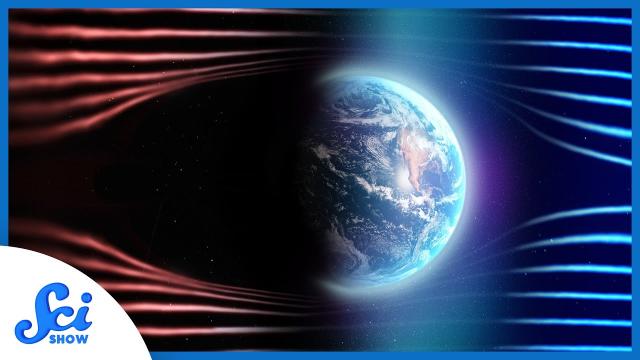
Space Headwinds Might Help Us Find Dark Matter
Added 197 Views / 0 LikesTry MagellanTV: https://try.magellantv.com/scishowspace. Start your free trial today so you can watch Mysteries of Dark Matter and the rest of MagellanTV’s science collection.Some scientists are hoping to use our motion through the galaxy to help detect s
-
15:59
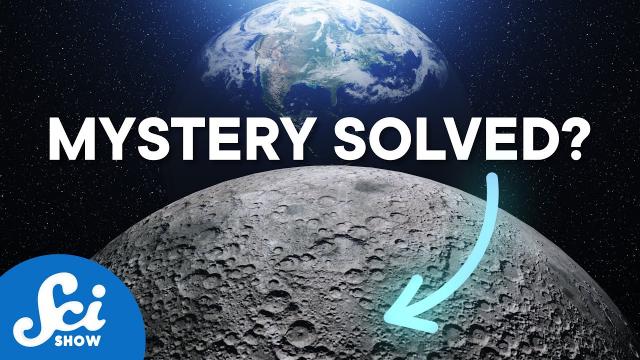
What We Know, And Still Don’t Know, About the Dark Side of the Moon | Compilation
Added 197 Views / 0 LikesMore than a classic rock album that'll change your life, this classic space rock has a dark side that has mystified scientists for centuries.Hosted by: Hank Green----------Huge thanks go to the following Patreon supporter for helping us keep SciShow Space
-
07:10
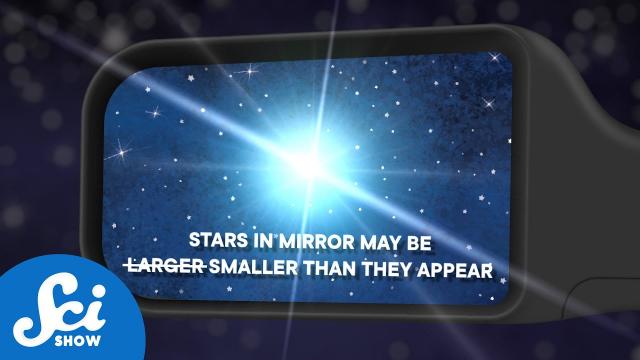
The Biggest Star In The Universe Is Too Small
Added 197 Views / 0 LikesR136a1 is the most massive star that astronomers have ever discovered. It's so massive you might think the laws of physics wouldn't allow it. But it turns out that its current mass estimate is actually so low that it threatens our understanding of how the
-
01:00

A Compact "Regrouping" Of The Alphabet
Added 197 Views / 0 Likes"Alphabet (Regrouping)" By Scott Kim
-
05:09
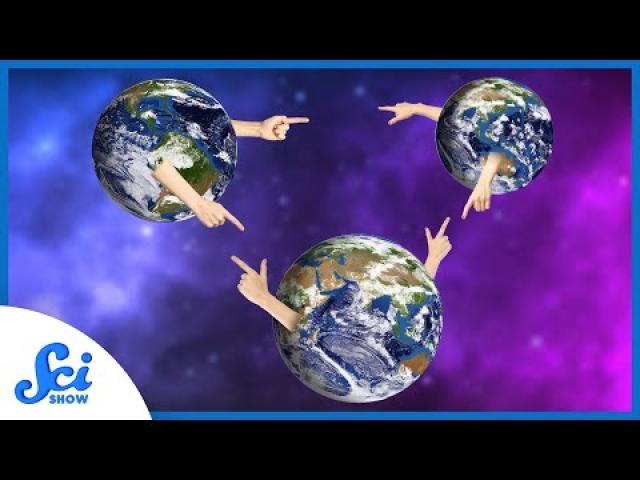
Where Are All the Exo-Earths?
Added 196 Views / 0 LikesScientists have discovered over 5,000 exoplanets in the last few decades, but where are the Exo-Earths?Hosted By: Savannah Gearry----------Huge thanks go to the following Patreon supporter for helping us keep SciShow Space free for everyone forever: Jason
-
05:38
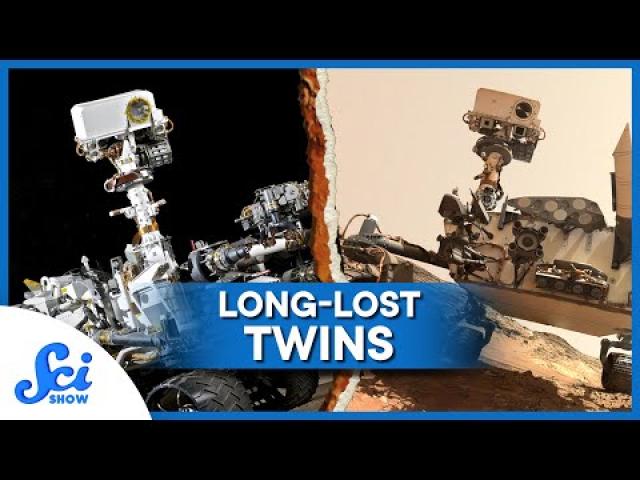
Why These Rovers Will Never Go To Mars
Added 196 Views / 0 LikesIt’s nice to think that every rover we land on Mars is totally unique, but isn’t it even nicer to know that they’ve got a twin or even a triplet here on Earth making sure they’re up for the job ahead?Hosted By: Caitlin Hofmeister----------Huge thanks go t
-
05:57
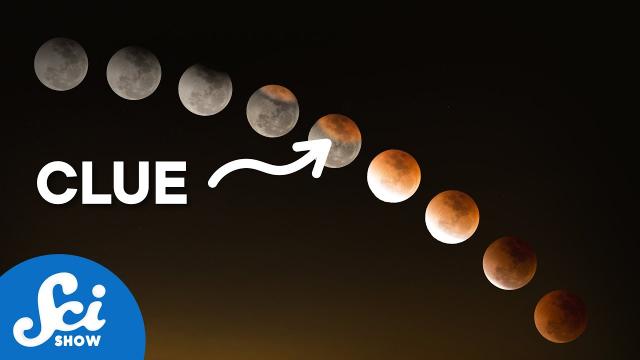
New and Ancient Lessons from Lunar Eclipses
Added 196 Views / 0 LikesAncient perceptions of lunar eclipses weren’t as primitive as one might think. Some rigorous math was applied to these cosmic events that shaped our understanding of the solar system.Hosted by: Hank Green (he/him)----------Huge thanks go to the following
-
00:55
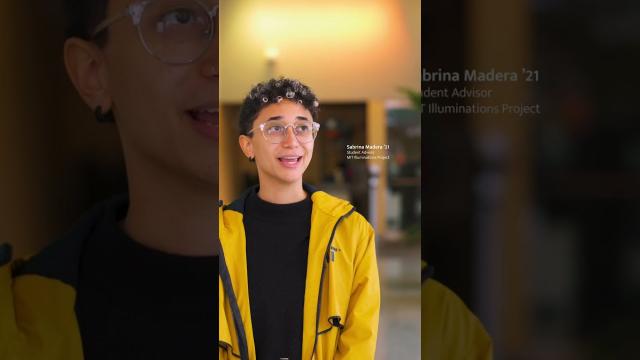
MIT Illuminations: An installation of programmable light
Added 196 Views / 0 LikesMIT Illuminations is a new, colorful installation and introduction to creative computation that expresses the dynamic, vibrant culture of MIT through the medium of programmable light. Located in the new MIT Welcome Center the installation has custom softw
-
00:40
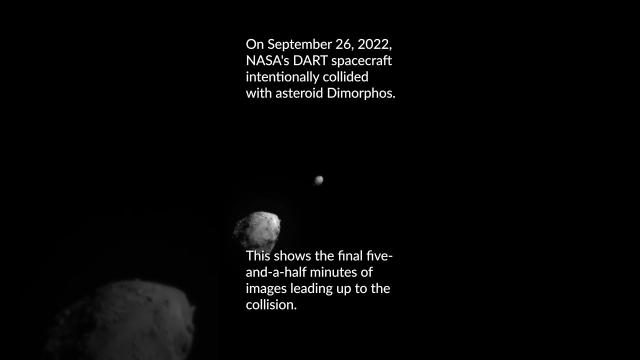
Spacecraft intentionally collided with asteroid
Added 196 Views / 0 LikesLearn more: https://news.mit.edu/2023/3q-what-we-learned-asteroid-smashing-dart-mission-0302
-
1:40:52
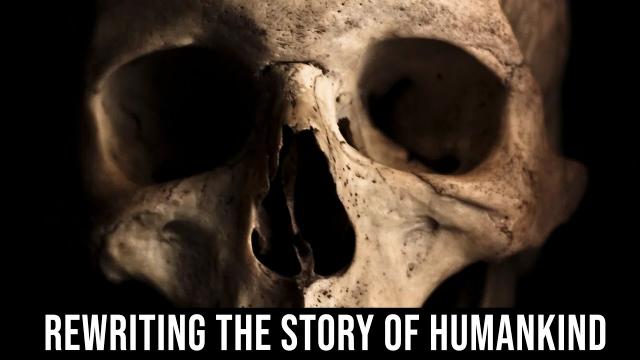
Rewriting the Story of Humankind
Added 196 Views / 0 LikesWhat attributes set our species apart? Taming fire? Expressing artistically? Solving problems creatively? Recent discoveries that have already upended humankind’s origin story by expanding our family tree, are now challenging long-held assumptions about w
-
31:46
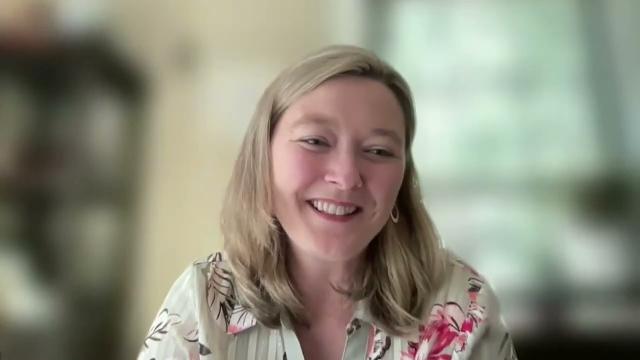
2023 Nobel Prize in Chemistry Awarded to Moungi Bawendi of MIT
Added 196 Views / 0 LikesWatch more videos from MIT: http://www.youtube.com/user/MITNewsOffice?sub_confirmation=1The Massachusetts Institute of Technology is an independent, coeducational, privately endowed university in Cambridge, Massachusetts. Our mission is to advance knowled
-
06:04
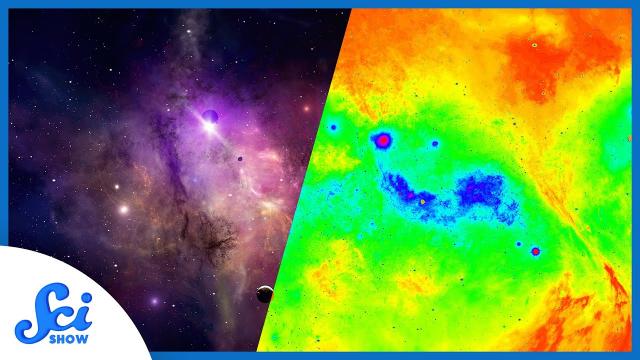
The Night Sky in Infrared
Added 195 Views / 0 LikesJames Webb is getting ready to launch, but it wouldn’t be equipped to look in the infrared if not for the previous missions that have allowed us to see the universe in wavelengths that the human eye can’t see! Hosted By: Reid ReimersSciShow is on TikTok!
-
17:23
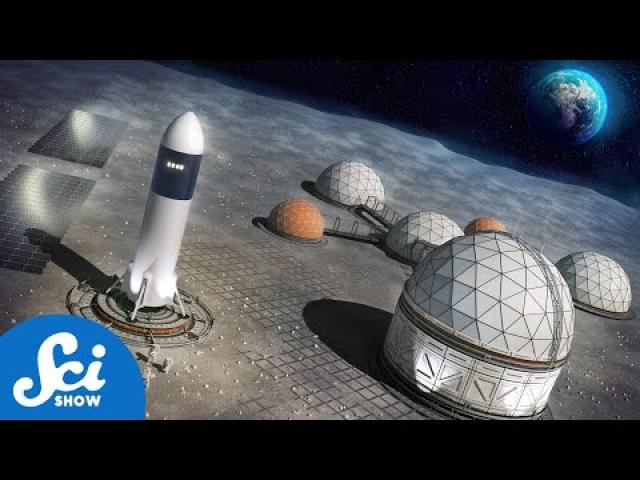
What Will It Be Like To Live on the Moon? | Compilation
Added 195 Views / 0 LikesThe Moon is pretty prime real estate once you get past the lack of oxygen, resources, and general mobility, but if quality of life isn't what you're after, here's how we might make it all work.Hosted by: Reid Reimers (he/him)----------Huge thanks go to th


